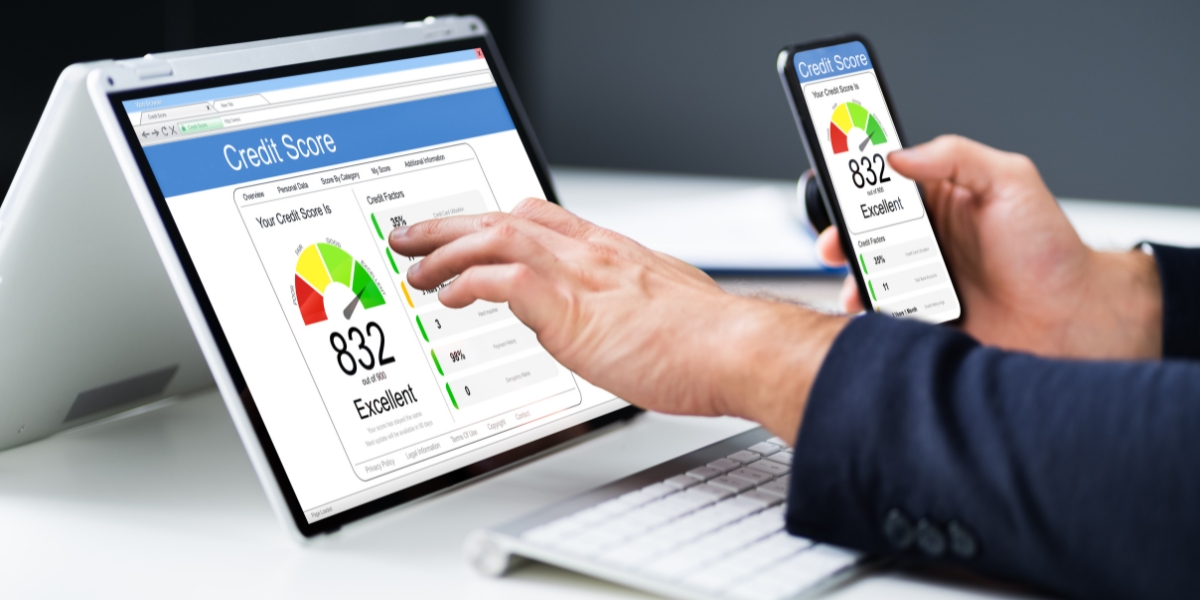
In today’s credit-driven economy, your credit score is more than just a three-digit number — it’s your financial passport. Whether you’re applying for a mortgage, financing a car, renting an apartment, or even getting a job, your credit score plays a pivotal role in shaping your financial opportunities.
But what happens if your credit score is just average — hovering somewhere in the 600s or low 700s? While that might not seem alarming, an average score can still cost you higher interest rates, limited credit options, or rejected applications.
The good news? You can take your score from average to excellent with the right strategies and a smart, steady approach. In this guide from Whatcom Credit Restoration, we’ll walk you through proven steps on how to improve your credit score — backed by expert insights and real-world best practices.
Start with a Credit Report Check-Up
You can’t fix what you don’t see. Start by reviewing your credit reports from the three major bureaus — Equifax, Experian, and TransUnion.
How to Get Your Reports
Visit AnnualCreditReport.com for free weekly reports. Review each one carefully for errors or suspicious activity.
Look for These Common Errors:
- Accounts that don’t belong to you
- Incorrect payment statuses
- Duplicate accounts
- Outdated personal information
Prioritize On-Time Payments Like Your Score Depends on It (Because It Does!)
Since payment history makes up 35% of your score, staying current is non-negotiable.
Smart Strategies to Stay on Track:
- Set up auto-pay for minimum payments to avoid accidental misses.
- Use calendar reminders or budgeting apps like Mint or YNAB.
- Contact lenders early if you’re struggling — many offer hardship programs or deferments.
Focus on current accounts — bringing overdue accounts current helps your score faster than paying off old closed ones.
Tame Your Credit Utilization — Reduce Your Balances Now
Credit utilization is the second-most influential factor, yet it’s one of the easiest to improve quickly.
Ways to Lower Utilization Fast:
- Pay down balances mid-cycle, not just at the due date — this lowers the reported balance.
- Ask for a credit limit increase — but only if you can trust yourself not to spend more.
- Spread out your balances over several cards, if needed.
- Use windfalls (like tax refunds or bonuses) to make lump-sum payments.
Reminder: Lower utilization can show results within 30 days, especially if the creditor reports your new balance quickly.
Build Positive Credit with New Tools (Even If You’re Just Starting Out)
Improving credit isn’t just about fixing problems — it’s also about building good credit activity.
Use These Tools to Boost Positive History:
- Secured Credit Cards – Great for rebuilding; requires a deposit but reports to credit bureaus.
- Credit Builder Loans – Offered by credit unions or fintech apps like Self or MoneyLion.
- Authorized User Status – Ask a trusted family member to add you to their account. Their good payment habits can benefit your score.
- Experian Boost – A free tool that adds utility and phone bill payments to your credit report.
Tip from Whatcom Credit Restoration: We help clients find and apply for the best credit-building tools tailored to their financial goals and current score.
Practice Patience and Monitor Your Progress Regularly
Improving your credit score isn’t a sprint — it’s a marathon with checkpoints along the way.
Track Your Progress Monthly
Use free tools from Credit Karma, Experian, or your bank’s credit monitoring service. Watch for trends, not just sudden jumps.
Set SMART Goals
- Specific: “Raise score by 50 points.”
- Measurable: “Check credit report monthly.”
- Relevant: “Improve score to qualify for home loan.”
- Time-bound: “Achieve target by next 6–12 months.”
Avoid Credit Score Killers While You Wait:
- Don’t close old accounts — they help with credit age.
- Avoid unnecessary hard inquiries (like new loans or credit cards).
Be wary of quick-fix promises — there are no magic solutions, only smart steps.
Conclusion
Going from an average credit score to an excellent one doesn’t happen overnight — but it does happen with intentional steps, patience, and consistent effort.
By understanding your credit makeup, staying on top of payments, lowering debt, building positive activity, and avoiding common pitfalls, you’ll set yourself up for long-term financial success.
At Whatcom Credit Restoration, we’re committed to helping individuals like you reclaim control of your financial future. Whether you need personalized credit guidance, dispute assistance, or a step-by-step improvement plan, we’re here to walk with you on the journey from average to excellent.

